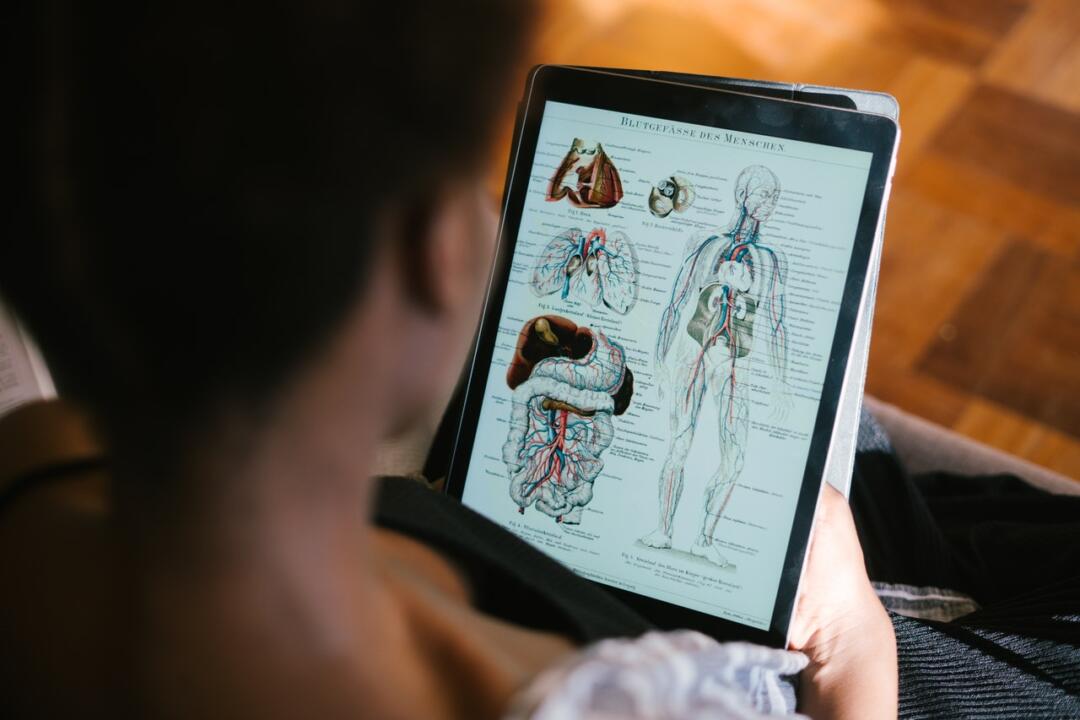Your cart is currently empty!
Dialog Cards in Medical Education

What Are Dialog Cards?
Dialog cards are interactive digital or physical flashcards that display a question, term, or case scenario on one side and the answer or explanation on the other. They engage learners through active recall, a proven method for strengthening memory and comprehension.
Possible Uses in the Medical Curriculum
- Medical Terminology & Definitions
- Helps students memorize complex medical terms and abbreviations.
- Example:
- Front: What is the medical term for high blood pressure?
- Back: Hypertension
- Anatomy & Physiology
- Used for identifying organs, structures, and functions.
- Example:
- Front: Name the bone that articulates with the femur at the knee.
- Back: Tibia
- Pharmacology
- Reinforces drug names, mechanisms, and side effects.
- Example:
- Front: What class of drugs do beta-blockers belong to?
- Back: Antihypertensives
- Clinical Case Scenarios
- Helps students apply theoretical knowledge to clinical practice.
- Example:
- Front: A patient presents with crushing chest pain. What is your initial investigation?
- Back: Perform an ECG to rule out myocardial infarction.
- Exam Preparation (USMLE, MBBS, Residency Exams)
- Ideal for self-assessment and quick revision before exams.
Why Use Dialog Cards in Medical Education?




Dialog cards are a simple yet powerful tool for medical students, making complex topics easier to remember. Want to implement them in your study routine? Start today!
Discover more from mymedschool.org
Subscribe to get the latest posts sent to your email.











Your voice matters – comment below!